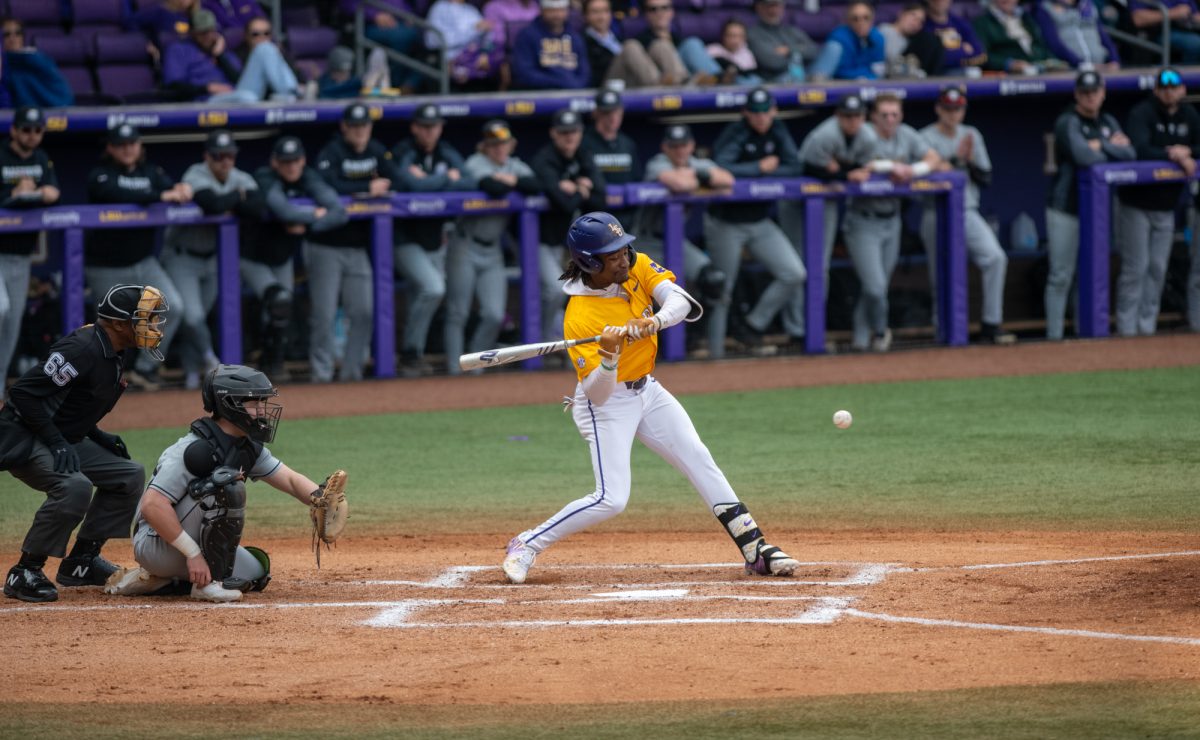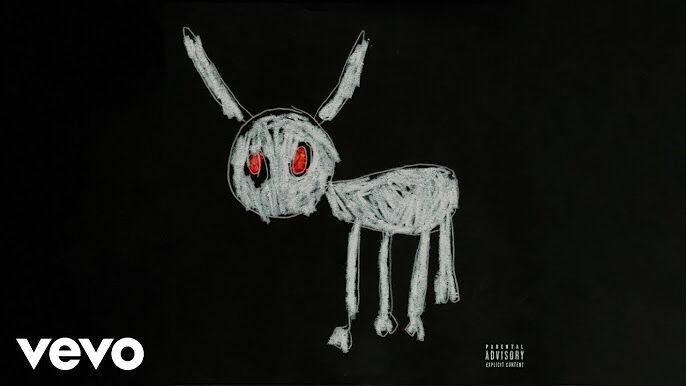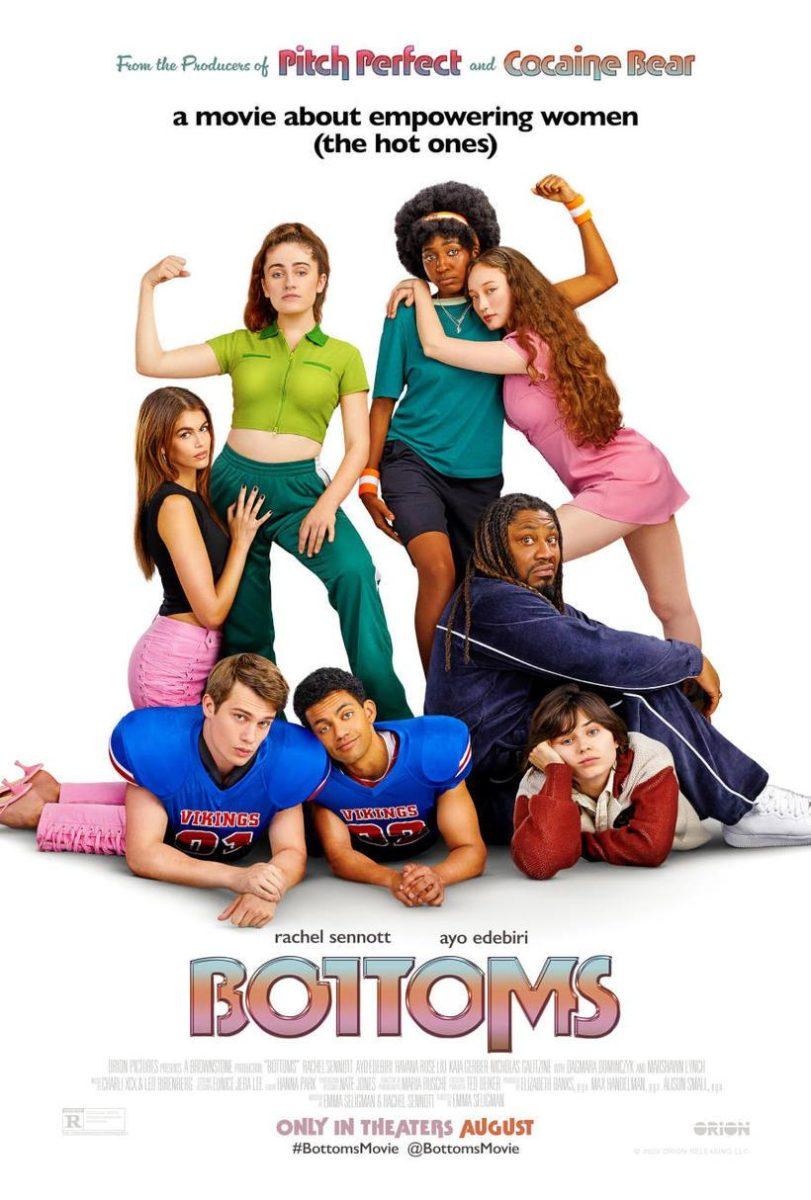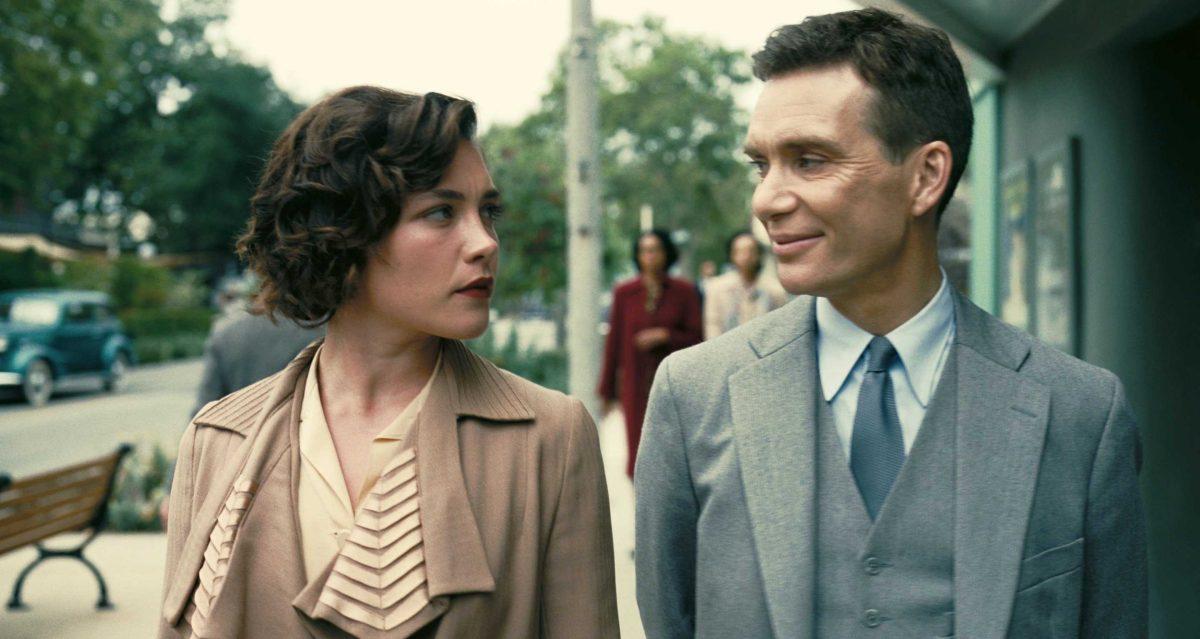“I’m not a businessman — I’m a business, man.”
The classic Jay-Z line from “Diamonds from Sierra Leone (Remix)” perfectly describes Hov’s latest effort, “Magna Carta Holy Grail.”
Jay-Z has proven throughout his career to be not only one of the most talented rhyme slingers, but someone who has developed his brand to become the largest in the rap game.
Hov solidified that reputation by going platinum before even releasing “Magna Carta Holy Grail” to the public.
To dissect the album properly, one must acknowledge the brilliance of the marketing campaign that preceded it. Jay partnered with Samsung and convinced them to buy a million copies of his record to distribute free through an app — a move which had been unheard of until now.
The album is a stark contrast to fellow Def Jam artist and good friend Kanye West and his latest release, “Yeezus.”
While “Yeezus” sought after the concept of minimalism by stripping down the beats to almost nothing, Hov brought Timbaland and Pharrell back together, giving Jay some of the dopest beats he’s rhymed over in his career.
The album opens with “Holy Grail” and a Justin Timberlake solo over a hauntingly slow piano, but it quickly switches pace to one of Timbaland’s best beats. Coupled with a vintage Hov flow, the track — which touches on Jay’s love/hate relationship with his fame — is one of the highlights of the album.
The first half of the album is strong, and tracks one through eight have high replay value. Even though Jay doesn’t offer much in terms of lyrical density, his trademark ability to switch up the flow shines through on a series of killer beats. The weakest beat of the bunch is “Oceans,” but Frank Ocean delivers a killer hook with a concept that is solid enough to make up for the average beat.
Unfortunately, “Heaven” is where the album starts to fall apart.
Not that it is a bad song, but coming from a man who made “D’Evils” and “Lucifer”, this song, which questions the relationship between good and evil, just doesn’t stand up.
Sandwiched between two superb interludes — where Hov spits for about 55 seconds — is his collaboration with Beyoncé in a sequel to their previous hit, “’03 Bonnie & Clyde.” Again, while “Part II (On the Run)” isn’t terrible, I listened to it multiple times but I found myself zoning out for large portions of it.
“BBC” is easily the worst beat on the album. It sounds like the illegitimate son of Daft Punk’s “Get Lucky” and Robin Thicke’s “Blurred Lines,” but one would think Jay wouldn’t have wasted a top-notch Nas feature on such a weak beat.
“Jay Z Blue” is the last true highlight in the album. Hov’s flow on the track is flawless, and his rhyme scheme is complex while still being easy to follow.
The track highlights a major point throughout the album, when Jay actually has something to rap about. But while songs like “F***WithMeYouKnowIGotIt” are hot, Hov really isn’t saying anything interesting. No matter how many times he switches his flow or says something funny, it doesn’t mask the fact that over 70 percent of the lyrics on this album are about his immense riches or new collection of expensive art.
If Jay’s line, “I dumb down for my audience and double my dollars,” from “Moment of Clarity” could define one song on this album, it would be “Tom Ford”. But the beat is so excellent, and Jay flows over it effortlessly that it almost doesn’t matter.
This album is exactly what people expect from Jay. While it doesn’t come close to challenging the classics in his catalog — “Reasonable Doubt,” “The Blueprint” and “The Black Album” — “MCHG” is a solid choice.
Critics may dislike it, but Jay has a near-perfect formula for making solid rap albums. And I’ll take that any day of the week.
Grade: B
New Jay-Z album a solid rap hit
By Trey Labat
July 11, 2013
More to Discover







